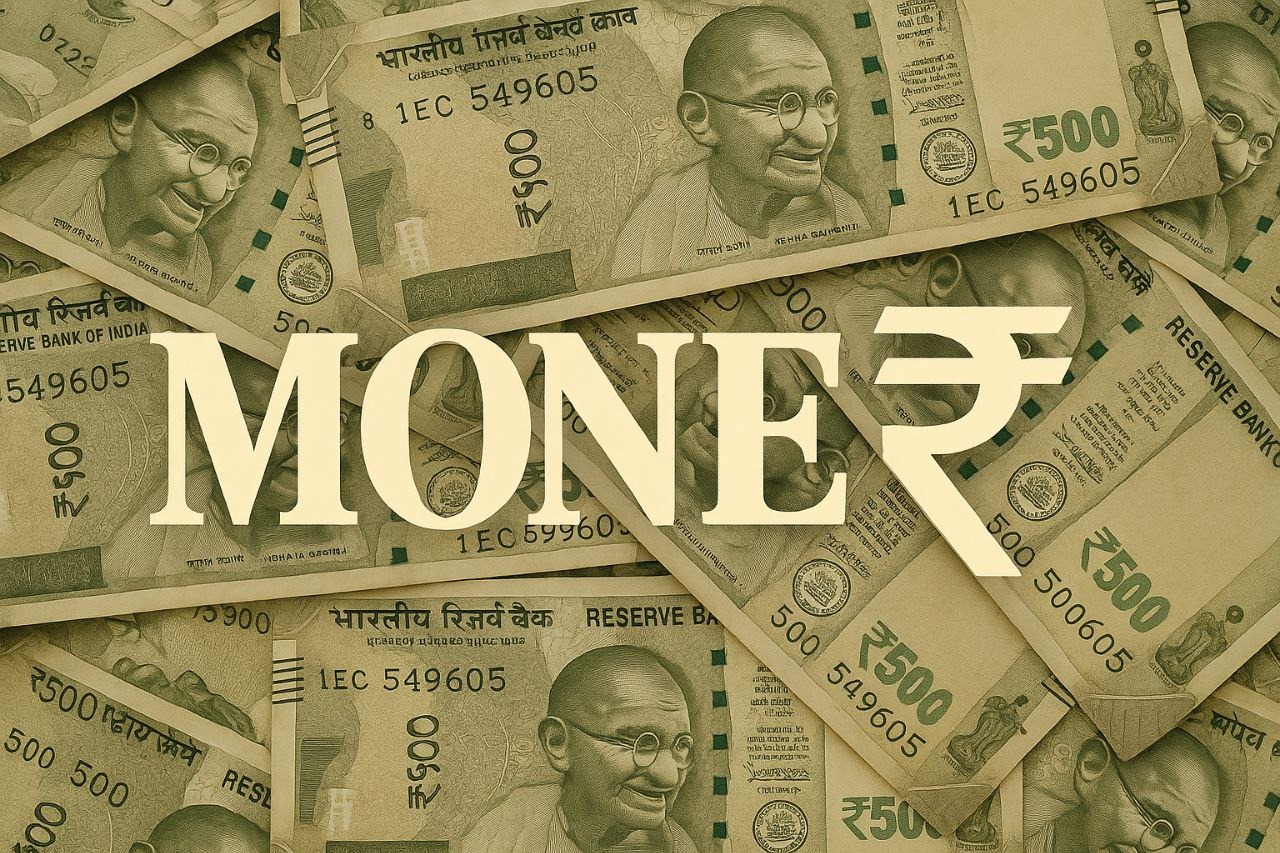Unlocking the Door to Wealth: Mastering Your Credit Score in India

In India’s fast-evolving economic landscape, your credit score isn’t just a number, it’s your passport to financial freedom. Whether you want a loan for your dream home, need a new credit card, or aim to get the best interest rates, a healthy credit score can save you lakhs over a lifetime. Yet, thousands of Indians still don’t fully understand how these scores work, or how to build and protect them.
“A good credit score in India is like an open doorway in a crowded market, step through it, and new opportunities await.” ~ Adarsh Singh
What Is a Credit Score, Really?
A credit score is a three-digit number, typically ranging from 300 to 900, that indicates your creditworthiness. The higher your score, the more reliable you appear to potential lenders. Think of it as your financial reputation, a silent partner in every borrowing decision.
In India, the most common credit scores are calculated by agencies like CIBIL (TransUnion), Experian, Equifax, and CRIF High Mark.
Excellent: 750 - 900
Good: 700 - 749
Average: 650 - 699
Poor: Below 650
“Your credit score doesn’t just reflect your past, it shapes your future. Make every rupee count wisely.” ~ Adarsh Singh
Why Does Your Credit Score Matter?
Loan Approvals:
Strong scores increase chances of loan and credit card approval.
Better Interest Rates:
Higher scores often fetch lower interest, crucial for big-ticket loans.
Higher Limits:
Banks trust you with larger amounts, aiding flexibility.
Faster Processing:
Less paperwork, quicker sanctions.
Negotiating Power:
You can even bargain for fee waivers or better terms.
How Is Your Credit Score Calculated in India?
Here’s what influences your number the most (with typical weightage):
Repayment History (35%) ~ Late payments, missed due dates, and EMIs harm your score.
Credit Utilization (30%) ~ How much of your total credit limit you use matters. Ideal: keep below 30%.
Length of Credit History (15%) ~ The older your accounts, the better.
Type of Credit (10%) ~ A mix of secured (home/auto loans) and unsecured (credit cards, personal loans) credit helps.
New Credit Enquiries (10%) ~ Too many applications in a short period show risk to lenders.
How to Check and Understand Your Credit Report
Check Annually:
Every Indian is entitled to at least one free credit report per year from agencies.
What to Look For:
Account summaries
Payment history
Incorrect entries or errors
Recent credit applications
If you see a mistake, raise a dispute with the bureau, the law is on your side.
Proven Steps to Improve Your Credit Score
Pay on Time, Always:
Automate payments for EMIs and credit cards. Set reminders. Consistency over time is the biggest booster.
Watch Your Credit Utilization:
Spend less than 30% of your available limit. Ask for limit increases or reduce balances.
Build a Credit Mix:
Don’t rely solely on credit cards. Having a blend of secured and unsecured credit demonstrates responsibility.
Limit New Applications:
Each loan/credit card application leaves a “hard enquiry.” Too many can be read as desperation.
Keep Old Accounts Open:
Lengthen your credit history by retaining your oldest cards, even if you don’t use them much.
Rectify Errors Promptly:
Around 10% of credit reports have mistakes. Regularly scan your report and flag inaccuracies.
“Improving your credit score is not a sprint, but a steady marathon, discipline builds both muscle and trust.” ~ Adarsh Singh
Common Myths About Credit Scores in India
Checking My Score Will Lower It:
False! Only ‘hard’ queries by banks impact your score, not consumer checks.
No Credit Is Good Credit:
Wrong. Never borrowing or using credit actually hurts your profile.
Outstanding Balance Won’t Matter If I Pay Min Due:
Partial payments or just minimum due keeps your account running but signals risk if repeated.
How Long Does It Take to Improve a Poor Credit Score?
Depending on the issues, significant improvements often become evident in 6 - 12 months with persistent effort. Clearing defaults, maintaining low balances, and steady repayment all work in your favor.
“Creditworthiness is grown slowly, like a banyan tree, patience and care reap enduring strength.” ~ Adarsh Singh
Building Your Credit Score from Scratch
For young Indians or those new to credit:
Start with a secured credit card (against a fixed deposit)
Take a small consumer durable or education loan, and pay promptly
Become an authorized user on a responsible relative’s credit card
Proactive Habits for a Lifetime of Strong Credit
Set up payment alerts and auto-debits
Use digital tools and apps to monitor your credit score
Review statements monthly for fraud or errors
Educate family members, especially teens, on basics of credit and responsible borrowing
“You don’t build credit by chance, but by choice, let every financial decision reflect your best self.” ~ Adarsh Singh
Fri Aug 1, 2025
